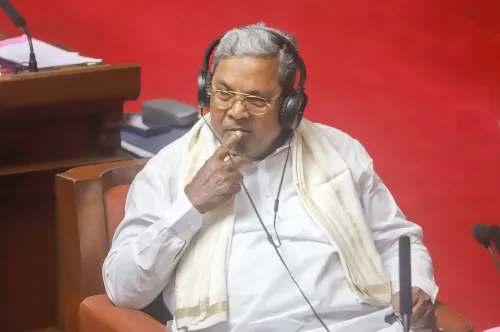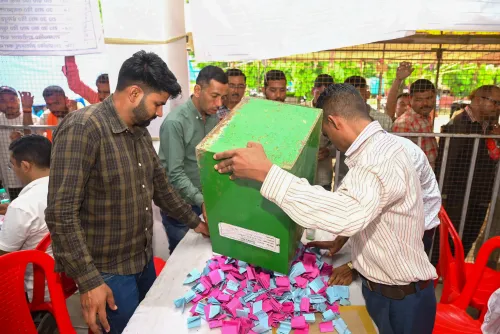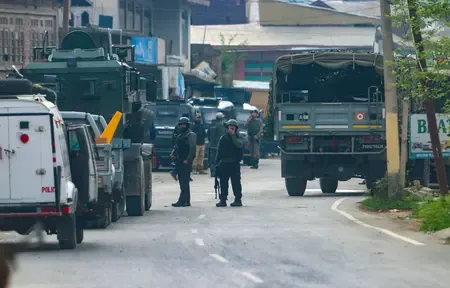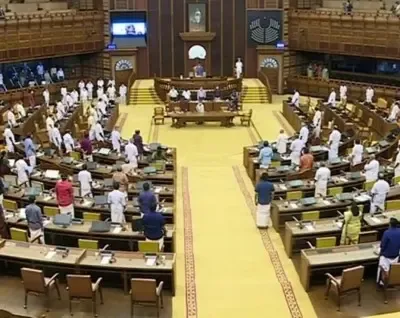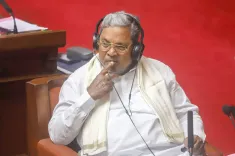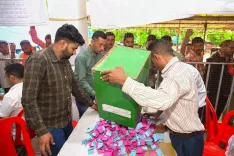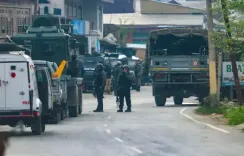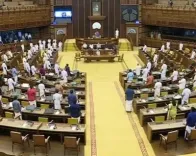Is a Multi-Point Conflict Emerging Between ECI and West Bengal Government?
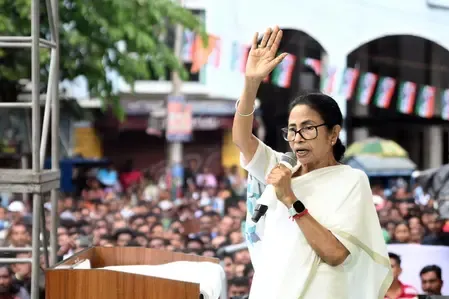
Synopsis
Key Takeaways
- ECI's directive for suspensions highlights electoral integrity issues.
- Legal battles may ensue as state considers its options.
- Mamata Banerjee's stance raises questions about state versus central authority.
- WBCS involvement signals broader support for the suspended officials.
- Future elections could be affected by this ongoing dispute.
Kolkata, Aug 7 (NationPress) The tensions between the Election Commission of India (ECI) and the West Bengal government are on the rise across various fronts, indicating a potential escalation in the near future.
The immediate tension arose from the ECI's directive to West Bengal Chief Secretary Manoj Pant this week, demanding the suspension of four election officers and the filing of FIRs against them. The Commission found these officials culpable of irregularities in adding names to electoral rolls in two constituencies. This action serves as a stern warning to all parties involved in the state's electoral process.
In response, the West Bengal government is contemplating legal actions against the Commission's directive to Chief Secretary Manoj Pant.
A senior official from the state secretariat mentioned that this decision follows Chief Minister Mamata Banerjee's public statement on Wednesday, asserting that her administration would not take any action against the four suspended election officers, while questioning the ECI's authority to mandate state actions.
The West Bengal Civil Service (Executive) Officers’ Association, representing state civil service officials, has also joined the fray, escalating the conflict.
The association previously sent a letter to the Chief Secretary, urging the state government to ensure that the ECI's directive is rescinded. Among the four suspended election officers are two from the West Bengal Civil Service (WBCS) cadre.
The third point of contention arises from the ECI's rejection of names proposed by the state government for filling key vacancies in the office of the Chief Electoral Officer (CEO), West Bengal, Manoj Kumar Agarwal.
Last month, the state government suggested three bureaucrats for each of the vacant positions: additional, joint, and deputy CEOs. However, a CEO official confirmed that the Commission dismissed all the recommended names and instructed the state administration to submit a new list.

